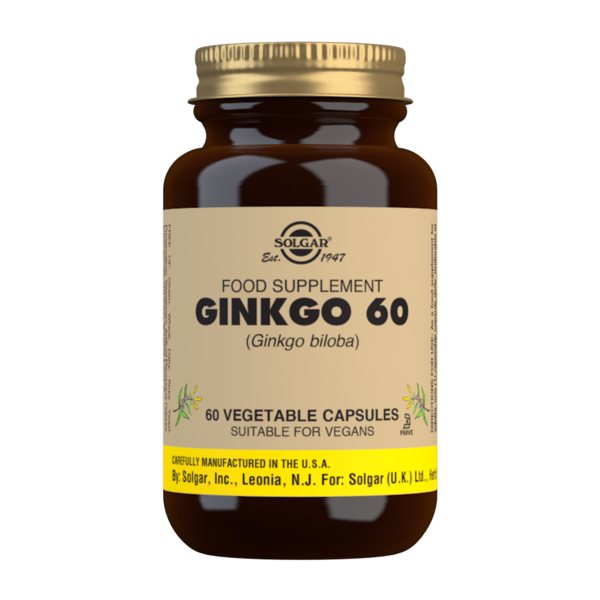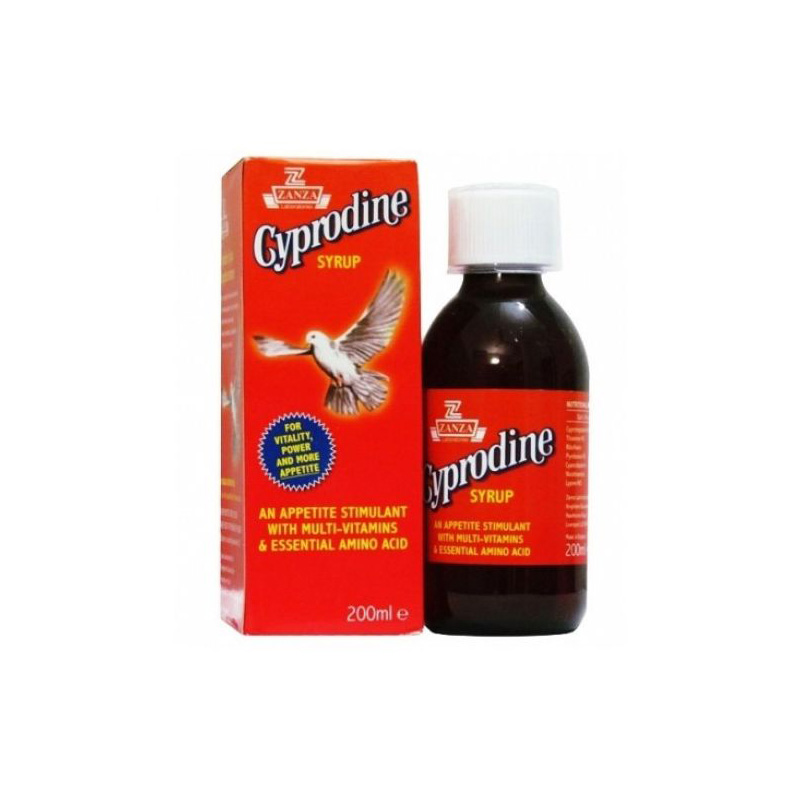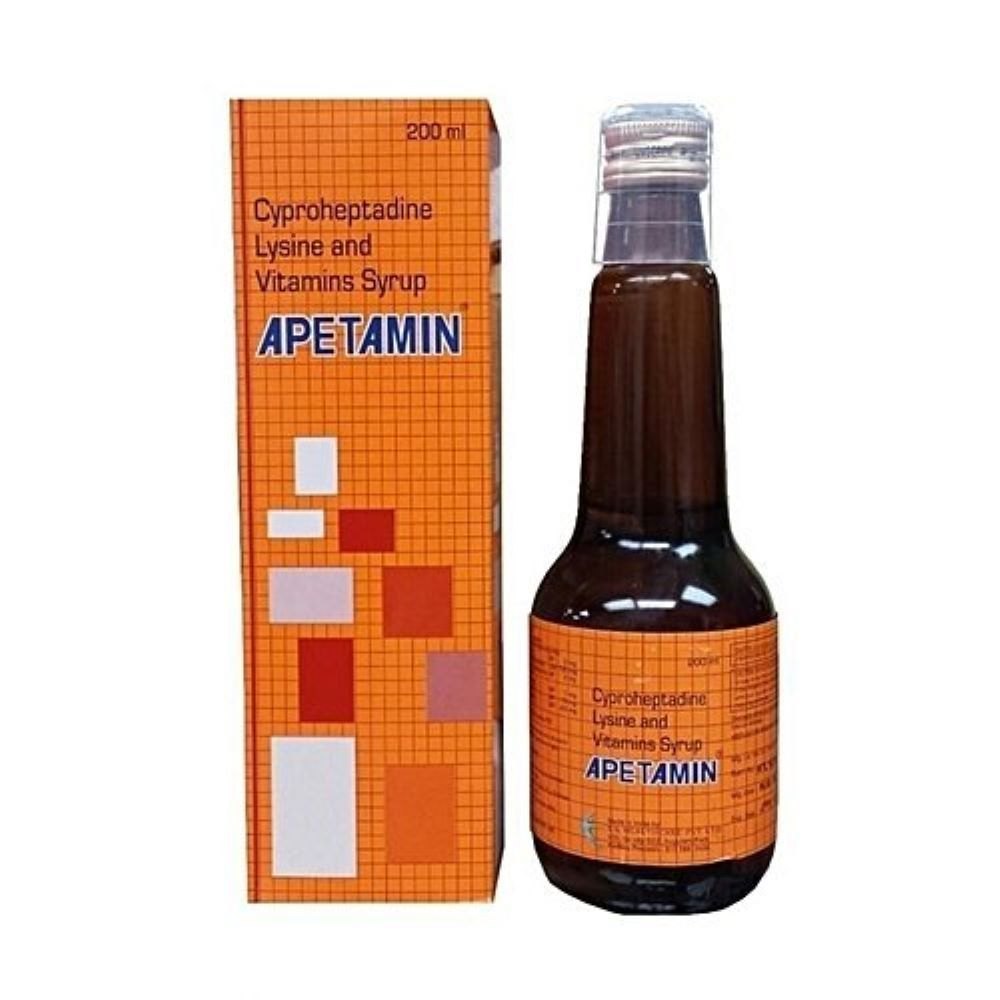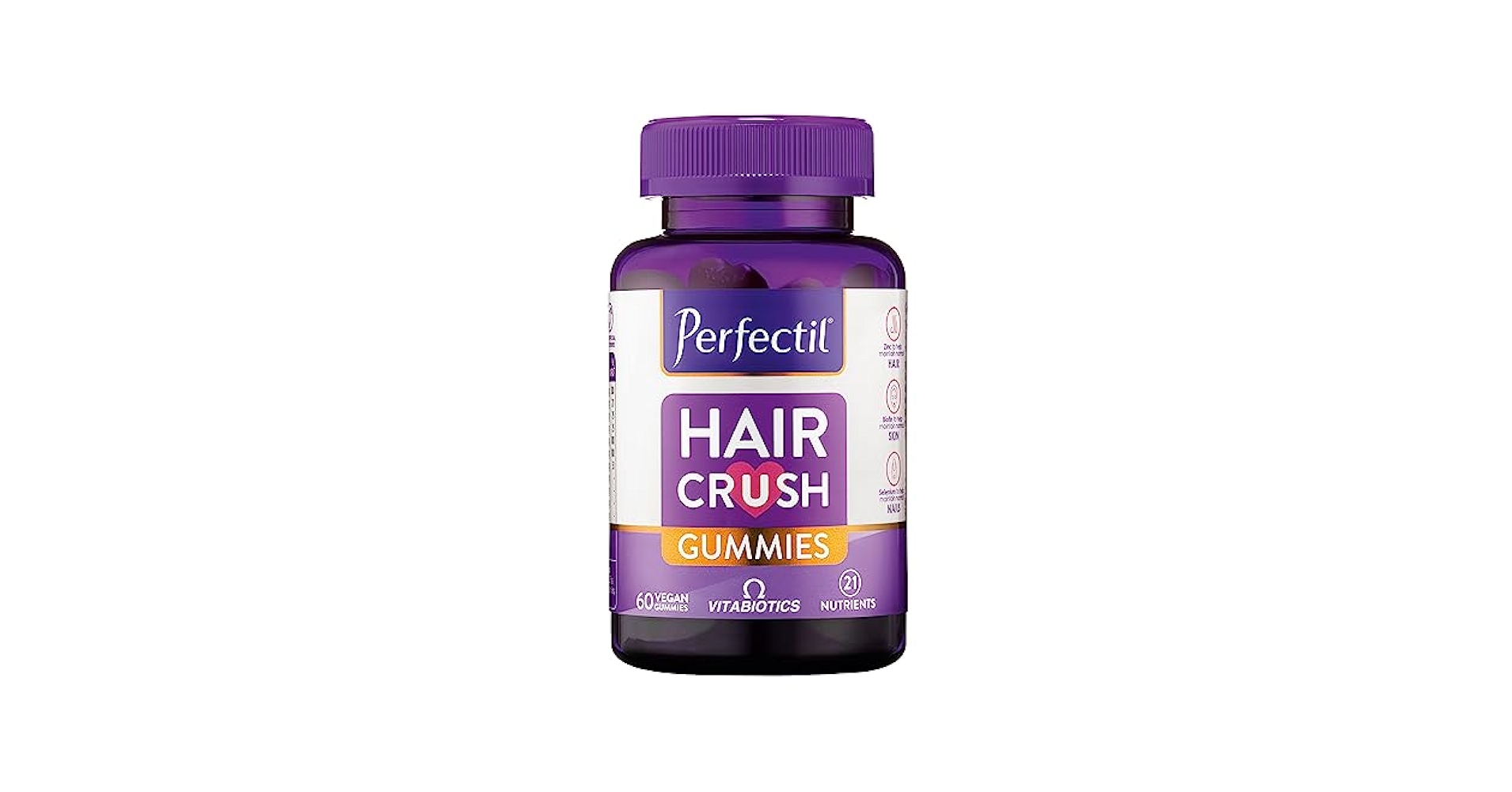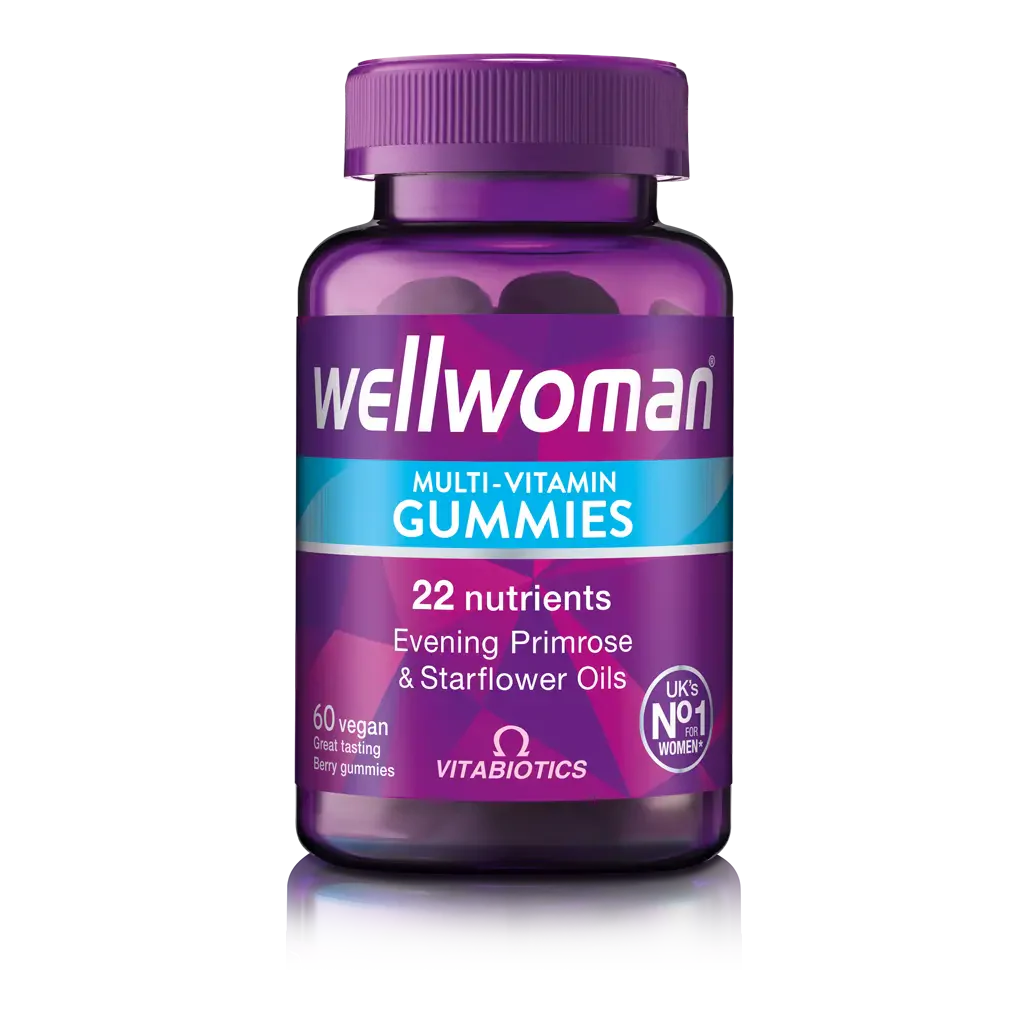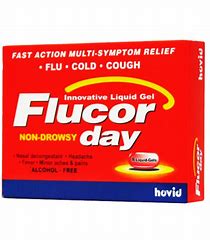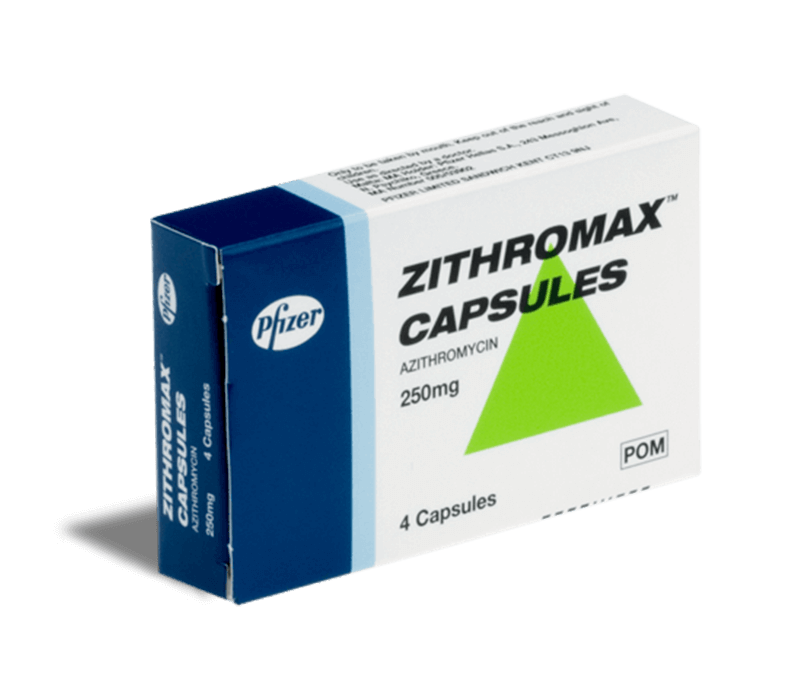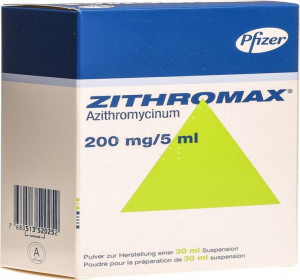Subtotal: ₵460.00
HERBAL MEDICINES, Vitamins & Minerals
Ginkgo Biloba
-
 Get 10% discount on your next order. Order now to qualify.
Get 10% discount on your next order. Order now to qualify.
-
 Get 20% cashback on apple app store. Use code P056
Get 20% cashback on apple app store. Use code P056
DELIVERY & RETURNS
Free shipping offer on Pilldoctor and get exclusive offers.
Location
-

Door Delivery Fastest delivery to the door for only 2 days. Don't miss exclusive offer.
-

Pickup Station Fastest delivery to the door for only 2 days. Don't miss exclusive offer.
-

Return Policy Fastest delivery to the door for only 2 days. Don't miss exclusive offer.
Description
Ginkgo is a large tree with fan-shaped leaves. It is native to China, Japan, and Korea, but is also now grown in Europe and the United States. The ginkgo tree is thought to be one of the oldest living trees, dating back to more than 200 million years.
Ginkgo leaf is often taken by mouth for memory and thought problems, anxiety, vision problems, and many other conditions, but there is no good scientific evidence to support most of these uses.
The list of other uses of ginkgo is very long. This may be because this herb has been around for so long. Ginkgo biloba is one of the longest living tree species in the world. Ginkgo trees can live as long as a thousand years. Using ginkgo for asthma and bronchitis was described in 2600 BCE.
In manufacturing, ginkgo leaf extract is used in cosmetics. In foods, roasted ginkgo seed, which has the pulp removed, is an edible delicacy in Japan and China.
How does it work?
Ginkgo seems to improve blood circulation, which might help the brain, eyes, ears, and legs function better. It may act as an antioxidant to slow down Alzheimer’s disease and interfere with changes in the brain that might cause problems with thinking.
Ginkgo seeds contain substances that might kill the bacteria and fungi that cause infections in the body. The seeds also contain a toxin that can cause serious side effects like seizures and loss of consciousness.
Uses & Effectiveness
Possibly Effective for
- Anxiety. Research shows that taking a ginkgo extract for 4 weeks can reduce symptoms of anxiety.
- Diseases, such as Alzheimer disease, that interfere with thinking (dementia). Taking 240 mg of ginkgo daily may slightly improve dementia symptoms. But it’s unclear how ginkgo compares to conventional medicines used for dementia. Ginkgo doesn’t seem to prevent dementia from developing or getting worse.
- Premenstrual syndrome (PMS). Taking ginkgo leaf extract by mouth seems to relieve breast tenderness and other symptoms associated with PMS when started during the 16th day of the menstrual cycle and continued until the 5th day of the following cycle.
- High blood pressure in arteries in the lungs (pulmonary hypertension). Receiving ginkgo leaf extract plus the drug dipyridamole by IV seems to reduce symptoms and improve the amount of oxygen in the arteries in the lungs in people with pulmonary hypertension.
- Schizophrenia. Research shows that taking ginkgo daily in addition to conventional antipsychotic medications for 8-16 weeks can reduce symptoms of schizophrenia. It may also reduce some side effects like thirst and constipation and adverse effects associated with the antipsychotic medication, haloperidol.
- Stroke. Using ginkgo extract by mouth or receiving it by IV along with standard therapy seems to improve thinking, memory, and the ability to complete activities of daily living in people recovering from a stroke. Receiving ginkgo leaf extract plus dipyridamole by IV might also improve recovery after a stroke. But ginkgo doesn’t seem to lower the chance of death or having another stroke.
- A movement disorder often caused by antipsychotic drugs (tardive dyskinesia). Tardive dyskinesia is a movement disorder that is caused by certain antipsychotic drugs. Research shows that taking a specific ginkgo extract (EGb 761, Yi Kang Ning, Yang Zi Jiang Pharmaceuticals Ltd.) for 12 weeks can reduce the severity of tardive dyskinesia symptoms in people with schizophrenia who are taking antipsychotic drugs.
- Dizziness (vertigo). Taking ginkgo leaf extract by mouth seems to improve symptoms of dizziness and balance disorders.
Possibly Ineffective for
- Decline in memory and thinking skills that occurs normally with age. Most research shows that taking ginkgo doesn’t improve memory and thinking skills in elderly people.
- Sexual problems caused by antidepressants (antidepressant-induced sexual dysfunction). Although some early research suggests that taking ginkgo leaf extract by mouth might improve sexual problems caused by antidepressant drugs, more recent research suggests it is probably not effective.
- Decline in memory and thinking skills in people treated with cancer drugs. Research shows that taking a specific ginkgo leaf extract called EGb 761 (Dr. Willmar Schwabe Pharmaceuticals) twice daily starting before the second cycle of chemotherapy and continuing until one month after chemotherapy treatment ends, does not prevent thinking problems caused by the chemotherapy in people being treated for breast cancer.
- Decline in memory and thinking skills in older people that is more than what is normal for their age. People with mild cognitive impairment (MCI) have a higher risk of dementia than people without MCI. Taking ginkgo doesn’t seem to prevent dementia in people with MCI.
- High blood pressure. Research shows that taking a specific ginkgo leaf extract (EGb 761) by mouth for up to 6 years does not reduce blood pressure in older people with high blood pressure.
- Multiple sclerosis (MS). Taking ginkgo leaf extract or ginkgolide B, a specific chemical found in ginkgo extract, does not improve mental function or disability in people with multiple sclerosis.
- Seasonal depression (seasonal affective disorder or SAD). Taking ginkgo leaf extract by mouth does not seem to prevent winter depression symptoms in people with seasonal depression.
- Ringing in the ears (tinnitus). Taking ginkgo leaf extract by mouth does not seem to improve ringing in the ears.
Likely InEffective for
- Heart disease. Taking a specific ginkgo extract (EGb 761, Dr. Willmar Schwabe Pharmaceuticals) does not reduce the chance of having a heart attack, chest pain, or stroke in elderly people.
Insufficient Evidence for
- An eye disease that leads to vision loss in older adults (age-related macular degeneration or AMD). There is some early evidence that ginkgo leaf extract might improve symptoms and distance vision in people with age-related vision loss.
- Hay fever. Early research shows that applying specific eye drops (Trium, SOOFT) that contain ginkgo extract and hyaluronic acid three times daily for one month can reduce eye redness, swelling and discharge in people with swollen eyes due to seasonal allergies.
- Altitude sickness. Research on the effects of ginkgo leaf extract on altitude sickness is inconsistent. Some research suggests that taking ginkgo leaf extract can reduce altitude sickness symptoms when taken 4 days before climbing. However, other research shows that using a specific ginkgo extract (GK501, Pharmaton Natural Health Products) for 1-2 days before climbing does not prevent altitude sickness.
- Asthma. Research shows that taking two capsules of a specific product containing ginkgo extract, ginger, and Picrorhiza (AKL1, AKL International Ltd) twice daily for 12 weeks does not improve lung function or asthma symptoms in adults with asthma.
- Attention deficit-hyperactivity disorder (ADHD). The effect of ginkgo on symptoms related to ADHD is unclear. There is early evidence that a product containing ginkgo leaf extract and American ginseng might help improve ADHD symptoms such as anxiety, hyperactivity, and impulsiveness in children 3-17 years-old. But other research shows that taking ginkgo extract does not improve ADHD symptoms compared to methylphenidate, a drug used to treat ADHD, in children 6-14 years-old. Also, taking gingko extract along with methylphenidate does not seem to greatly improve parent or teacher reported ADHD symptoms compared to methylphenidate alone in children 6-12 years-old.
- Autism. Research shows that taking a specific ginkgo extract (Ginko T.D. Tolidaru Pharmaceuticals) daily for 10 weeks along with conventional medication does not improve autism symptoms in children.
- A lung disease that makes it harder to breathe (chronic obstructive pulmonary disease or COPD). Research shows that taking a specific product that contains ginkgo extract, ginger, and Picrorhiza (AKL1, AKL International Ltd) twice daily for 8 weeks does not improve lung function in people with COPD.
- Cocaine use disorder. Research suggests that taking a ginkgo leaf extract called EGb 761 twice daily for 10 weeks does not help people with a cocaine addiction.
- Memory and thinking skills (cognitive function). The effect of gingko leaf extract on mental function and memory in healthy adults is not clear. Some research shows that ginkgo might improve memory, speed of thinking, and attention in healthy adults. But other research shows no benefit. More studies are needed to determine the effect of gingko on mental function in healthy adults.
- Colon cancer, rectal cancer. Early research suggests that using a specific ginkgo leaf extract (EGb 761, ONC) intravenously (by IV) together with anticancer drugs might benefit people with advanced colorectal cancer.
- Depression. Early research shows that taking a specific ginkgo extract (Harbin HaoBo Pharmaceutical Co., Ltd.) with the antidepressant citalopram might improve depression in the elderly better than taking citalopram alone.
- Vision problems in people with diabetes (diabetic retinopathy). There is some evidence that taking ginkgo leaf extract by mouth for 6 months can improve color vision in people with retinal damage caused by diabetes.
- A learning disorder marked by difficulty reading (dyslexia). Early research suggests that taking a specific ginkgo leaf extract (EGb 761) for about 30 days might reduce dyslexia in children aged 5-16 years.
- Fibromyalgia. Early research suggests that taking specific ginkgo leaf extract tablets (Bio- Biloba, Pharma Nord) together with coenzyme Q-10 capsules (Bio Quinone Q10, Pharma Nord) by mouth for 84 days might increase feelings of wellness and perception of overall health and reduce pain in people with fibromyalgia.
- Stomach cancer. Early research suggests that taking carbohydrates from the outer layer of the ginkgo fruit by mouth twice daily for 30 days might reduce tumor size in people with stomach cancer.
- A group of eye disorders that can lead to vision loss (glaucoma). There is mixed evidence about the effects of ginkgo for glaucoma. Some research shows that ginkgo improves vision. Other research shows no benefit.
- Hearing loss. There is some early evidence that taking ginkgo might help short-term hearing loss due to unknown causes. However, many of these people recover hearing on their own. It is hard to know if ginkgo has any effect.
- Hemorrhoids. Early research suggests that taking a combination of ginkgo and certain conventional medications might decrease some symptoms of hemorrhoids, including bleeding and pain.
- Migraine. Early research shows that taking ginkgolide B, a chemical found in ginkgo leaf extract, might help prevent migraines in children and women.
- Ovarian cancer. Evidence suggests that using ginkgo leaf extract for 6 months is associated with a decreased risk of developing ovarian cancer.
- Pancreatic cancer. Early research suggests that taking a specific injectable form of ginkgo leaf extract (EGb 761) intravenously (by IV) together with anticancer drugs might slow the progression of pancreatic cancer in some people.
- Narrowing of blood vessels that causes poor blood flow to the limbs (peripheral arterial disease). Taking ginkgo might improve walking in people with poor blood circulation in their legs. Taking ginkgo might also reduce the need for surgery. But it might take at least 24 weeks before improvements are seen.
- Quality of life. Early evidence suggests that taking ginkgo extract (LI 1370, Lichtwer Pharma) for 6 months might improve quality of life measures such as activities in daily living, mood, sleep, and alertness in older people.
- Radiation exposure. Early research suggests that taking a specific ginkgo leaf extract (EGb 761, Tanakan Ipsen) might reduce some of the negative effects of radiation on the body.
- Skin damage caused by radiation therapy (radiation dermatitis). Early research shows that applying a specific cream product (Radioskin 2, Herbalab di Perazza Massimiliano Company) that contains ginkgo extract and other ingredients along with another product (Radioskin 1, Herbalab di Perazza Massimiliano Company) might improve skin moisture and reduce skin adverse events in breast cancer patients receiving radiation treatments.
- Painful response to cold especially in the fingers and toes (Raynaud syndrome). Some research suggests that taking ginkgo leaf extract for 10 weeks by mouth might decrease the number of painful attacks per week in people with a blood vessel disorder called Raynaud syndrome. However, other research suggests that ginkgo is not beneficial or is less effective than drugs such as nifedipine.
- Sexual problems that prevent satisfaction during sexual activity. Some research shows that taking ginkgo leaf extract daily for 8 weeks does not improve sexual function in women with sexual arousal disorder. However, taking a specific combination product containing ginkgo, ginseng, damiana, L-arginine, multivitamins, and minerals (ArginMax for Women) for 4 weeks appears to improve sexual satisfaction in women with sexual dysfunction.
- A skin disorder that causes white patches to develop on the skin (vitiligo). There is some early research that taking a specific ginkgo leaf extract (Ginkgo Plus, Seroyal) might decrease the size and spread of skin lesions.
- Blood clots.
- Bloody diarrhea.
- Bronchitis.
- Chronic fatigue syndrome (CFS).
- Digestion disorders.
- Hardening of the arteries (atherosclerosis).
- High cholesterol.
- Thinking problems related to Lyme disease.
- Urinary problems.
- Scabies.
- Skin sores.
- Other conditions.
More evidence is needed to rate ginkgo for these uses.
Side Effects & Safety
When taken by mouth: Ginkgo LEAF EXTRACT is LIKELY SAFE for most people when taken by mouth in appropriate doses. It can cause some minor side effects such as stomach upset, headache, dizziness, constipation, forceful heartbeat, and allergic skin reactions.
There is some concern that ginkgo leaf extract might increase the risk of liver and thyroid cancers. But, this has only occurred in animals given extremely high doses of ginkgo. There is not enough information to know if it could happen in humans.
Ginkgo fruit and pulp can cause severe allergic skin reactions and irritation of mucous membranes. Ginkgo might cause an allergic reaction in people who are allergic to poison ivy, poison oak, poison sumac, mango rind, or cashew shell oil.
There is some concern that ginkgo leaf extract might increase the risk of bruising and bleeding. Ginkgo thins the blood and decreases its ability to form clots. A few people taking ginkgo have had bleeding into the eye, brain, and lungs and excessive bleeding following surgery. Ginkgo leaf extract can cause allergic skin reactions in some people.
The ROASTED SEED or CRUDE GINKGO PLANT is POSSIBLY UNSAFE when taken by mouth. Eating more than 10 roasted seeds per day can cause difficulty breathing, weak pulse, seizures, loss of consciousness, and shock. The FRESH SEED is LIKELY UNSAFE when taken by mouth. Eating fresh ginkgo seeds could cause seizures and death. Fresh seeds are poisonous and are considered dangerous. Eating fresh ginkgo seeds could cause seizures and death.
When given by IV: Ginkgo LEAF EXTRACT is POSSIBLY SAFE when used intravenously (by IV), short-term. It has been used safely alone or in combination with the drug dipyridamole for up to 30 days.
When applied to the skin: There isn’t enough reliable information available to know if ginkgo is safe when applied to the skin.
Special Precautions & Warnings:
Pregnancy and breast-feeding: Ginkgo is POSSIBLY UNSAFE when taken by mouth during pregnancy. It might cause early labor or extra bleeding during delivery if used near that time. Not enough is known about the safety of using ginkgo during breast-feeding. Do not use ginkgo if you are pregnant or breast-feeding.
Infants and children: Ginkgo leaf extract is POSSIBLY SAFE when taken by mouth for a short time. Some research suggests that a specific combination of ginkgo leaf extract plus American ginseng might be safe in children when used short-term. Do not let children eat the ginkgo seed. It is LIKELY UNSAFE. The fresh seeds have caused seizures and death in children
Bleeding disorders: Ginkgo might make bleeding disorders worse. If you have a bleeding disorder, don’t use ginkgo.
Diabetes: Ginkgo might interfere with the management of diabetes. If you have diabetes, monitor your blood sugar closely.
Seizures: There is a concern that ginkgo might cause seizures. If you have ever had a seizure, don’t use ginkgo.
Deficiency of the enzyme glucose-6-phosphate dehydrogenase (G6PD): Ginkgo might cause severe anemia in people have G6PD enzyme deficiency. Until more is known, use cautiously or avoid using ginkgo if you have G6PD deficiency.
Infertility: Ginkgo use might interfere with getting pregnant. Discuss your use of ginkgo with your healthcare provider if you are trying to get pregnant.
Surgery: Ginkgo might slow blood clotting. It might cause extra bleeding during and after surgery. Stop using ginkgo at least 2 weeks before a scheduled surgery.
Interactions
Major Interaction
Do not take this combination
- Ibuprofen interacts with GINKGOGinkgo can slow blood clotting. Ibuprofen can also slow blood clotting. Taking ginkgo with ibuprofen can slow blood clotting too much and increase the chance of bruising and bleeding.
- Medications that slow blood clotting (Anticoagulant / Antiplatelet drugs) interacts with GINKGOGinkgo can slow blood clotting. Taking ginkgo along with medications that also slow clotting might increase the chances of bruising and bleeding.
Some medications that slow blood clotting include aspirin, clopidogrel (Plavix), diclofenac (Voltaren, Cataflam, others), ibuprofen (Advil, Motrin, others), naproxen (Anaprox, Naprosyn, others), dalteparin (Fragmin), enoxaparin (Lovenox), heparin, warfarin (Coumadin), and others.
- Warfarin (Coumadin) interacts with GINKGOWarfarin (Coumadin) is used to slow blood clotting. Ginkgo might also slow blood clotting. Taking ginkgo along with warfarin (Coumadin) might increase the chances of bruising and bleeding. Be sure to have your blood checked regularly. The dose of your warfarin (Coumadin) might need to be changed.
Moderate Interaction
Be cautious with this combination
- Alprazolam (Xanax) interacts with GINKGOTaking Ginkgo along with alprazolam might decrease the effects of alprazolam.
- Buspirone (BuSpar) interacts with GINKGOGinkgo seems to affect the brain. Buspirone (BuSpar) also affects the brain. One person felt hyper and overexcited when taking ginkgo, buspirone (BuSpar), and other medications. It is unclear if this interaction was caused by ginkgo or the other medications.
- Efavirenz (Sustiva) interacts with GINKGOEfavirenz is used to treat HIV infection. Taking efavirenz along with ginkgo extract might decrease the effects of efavirenz. Before taking ginkgo, talk to your healthcare provider if you take medications for HIV.
- Fluoxetine (Prozac) interacts with GINKGOTaking ginkgo along with St. John’s wort, other herbs and fluoxetine (Prozac) might cause you to feel irritated, nervous, jittery, and excited. This is called hypomania. It’s not known if this is a concern when just ginkgo is taken with fluoxetine (Prozac).
- Medications changed by the liver (Cytochrome P450 1A2 (CYP1A2) substrates) interacts with GINKGOSome medications are changed and broken down by the liver. Ginkgo might decrease how quickly the liver breaks down some medications. Taking ginkgo along with some medications that are changed by the liver might increase the effects and side effects of some medications. Before taking ginkgo talk to your healthcare provider if you take any medications that are changed by the liver.
Some of these medications that are changed by the liver include clozapine (Clozaril), cyclobenzaprine (Flexeril), fluvoxamine (Luvox), haloperidol (Haldol), imipramine (Tofranil), mexiletine (Mexitil), olanzapine (Zyprexa), pentazocine (Talwin), propranolol (Inderal), tacrine (Cognex), theophylline, zileuton (Zyflo), zolmitriptan (Zomig), and others.
- Medications changed by the liver (Cytochrome P450 2C19 (CYP2C19) substrates) interacts with GINKGOSome medications are changed and broken down by the liver. Ginkgo might increase how quickly the liver breaks down some medications. Taking ginkgo with these medications might decrease how well the medication works. Before taking ginkgo, talk to your healthcare provider if you take any medications that are changed by the liver.
Some of these medications that are changed by the liver include amitriptyline (Elavil), carisoprodol (Soma), citalopram (Celexa), diazepam (Valium), lansoprazole (Prevacid), omeprazole (Prilosec), phenytoin (Dilantin), warfarin (Coumadin), and many others.
- Medications changed by the liver (Cytochrome P450 2C9 (CYP2C9) substrates) interacts with GINKGOSome medications are changed and broken down by the liver. Ginkgo might decrease how quickly the liver breaks down some medications. Taking ginkgo along with these medications that are change by the liver might increase the effects and side effects of your medication. Before taking ginkgo talk to your healthcare provider if you take any medications that are changed by the liver.
Some medications that are changed by this liver include amitriptyline (Elavil), diazepam (Valium), zileuton (Zyflo), celecoxib (Celebrex), diclofenac (Voltaren), fluvastatin (Lescol), glipizide (Glucotrol), ibuprofen (Advil, Motrin), irbesartan (Avapro), losartan (Cozaar), phenytoin (Dilantin), piroxicam (Feldene), tamoxifen (Nolvadex), tolbutamide (Tolinase), torsemide (Demadex), warfarin (Coumadin), and others.
- Medications changed by the liver (Cytochrome P450 2D6 (CYP2D6) substrates) interacts with GINKGOSome medications are changed and broken down by the liver. Ginkgo might decrease how quickly the liver breaks down some medications. Taking ginkgo along with some medications that are change by the liver can increase the effects and side effects of your medication. Before taking ginkgo talk to your healthcare provider if you take any medications that are changed by the liver.
Some medications that are changed by the liver include amitriptyline (Elavil), clozapine (Clozaril), codeine, desipramine (Norpramin), donepezil (Aricept), fentanyl (Duragesic), flecainide (Tambocor), fluoxetine (Prozac), meperidine (Demerol), methadone (Dolophine), metoprolol (Lopressor, Toprol XL), olanzapine (Zyprexa), ondansetron (Zofran), tramadol (Ultram), trazodone (Desyrel), and others.
- Medications changed by the liver (Cytochrome P450 3A4 (CYP3A4) substrates) interacts with GINKGOSome medications are changed and broken down by the liver. Ginkgo might affect how quickly the liver breaks down some medications, and lead to a variety of effects and side effects. Before taking ginkgo talk to your healthcare provider if you are taking any medications that are changed by the liver.
Some medications changed by the liver include lovastatin (Mevacor), clarithromycin (Biaxin), cyclosporine (Neoral, Sandimmune), diltiazem (Cardizem), estrogens, indinavir (Crixivan), triazolam (Halcion), and others.
- Medications for diabetes (Antidiabetes drugs) interacts with GINKGODiabetes medications are used to lower blood sugar. Ginkgo might increase or decrease insulin and blood sugar in people with type 2 diabetes. Taking ginkgo along with diabetes medications might decrease how well your medication works. Monitor your blood sugar closely. The dose of your diabetes medication might need to be changed.
Some medications used for diabetes include glimepiride (Amaryl), glyburide (DiaBeta, Glynase PresTab, Micronase), insulin, pioglitazone (Actos), rosiglitazone (Avandia), chlorpropamide (Diabinese), glipizide (Glucotrol), tolbutamide (Orinase), and others.
- Medications that increase the chance of having a seizure (Seizure threshold lowering drugs) interacts with GINKGOSome medications increase the chance of having a seizure. Taking ginkgo might cause seizures in some people. Taking medications that increase the chance of having a seizure along with ginkgo might greatly increase the risk of having a seizure. Do not take ginkgo with medications that increase the chance of having a seizure.
Some medications that increase the chance of having a seizure include anesthesia (propofol, others), antiarrhythmics (mexiletine), antibiotics (amphotericin, penicillin, cephalosporins, imipenem), antidepressants (bupropion, others), antihistamines (cyproheptadine, others), immunosuppressants (cyclosporine), narcotics (fentanyl, others), stimulants (methylphenidate), theophylline, and others.
- Medications used to prevent seizures (Anticonvulsants) interacts with GINKGOMedications used to prevent seizures affect chemicals in the brain. Ginkgo can also affect chemicals in the brain. By affecting chemicals in the brain, ginkgo might decrease the effectiveness of medications used to prevent seizures.
Some medications used to prevent seizures include phenobarbital, primidone (Mysoline), valproic acid (Depakene), gabapentin (Neurontin), carbamazepine (Tegretol), phenytoin (Dilantin), and others. - Trazodone (Desyrel) interacts with GINKGOTrazodone (Desyrel) affects chemicals in the brain. Ginkgo can also affect chemicals in the brain. Taking trazodone (Desyrel) along with ginkgo might cause serious side effects in the brain. One person taking trazodone and ginkgo went into a coma. Do not take ginkgo if you are taking trazodone (Desyrel).
Minor Interaction
Be watchful with this combination
- Hydrochlorothiazide interacts with GINKGOHydrochlorothiazide is used to help decrease swelling and control blood pressure. Taking hydrochlorothiazide along with ginkgo might increase blood pressure. Before taking ginkgo talk to your healthcare professional if you take medications for high blood pressure.
- Omeprazole (Prilosec) interacts with GINKGOOmeprazole (Prilosec) is changed and broken down by the liver. Ginkgo might increase how fast the liver breaks down omeprazole (Prilosec). Taking ginkgo with omeprazole (Prilosec) might decrease how well omeprazole (Prilosec) works.
Dosing
The following doses have been studied in scientific research:
BY MOUTH:
- For anxiety: 80 mg or 160 mg of a ginkgo leaf extract called EGb 761 has been taken three times per day for 4 weeks.
- For diseases, such as Alzheimer disease, that interfere with thinking (dementia): 60-480 mg per day of ginkgo leaf extract, divided in two or three doses, has been taken for up to one year. The most commonly studied dose is 120-240 mg per day with 240 mg possibly being more effective. Most of the clinical studies on the effectiveness of ginkgo leaf for dementia have used the standardized extracts EGb 761
- For dizziness (vertigo): 160 mg of a ginkgo leaf extract called EGb 761 has been taken once daily or in two divided doses daily for 3 months.
- For premenstrual syndrome (PMS): 80 mg of a ginkgo leaf extract called EGb 761 has been taken twice daily, starting on the sixteenth day of the menstrual cycle until the fifth day of the next cycle. Also 40 mg of a ginkgo leaf extract called Ginko T.D. has been taken three times daily starting on the sixteenth day of the menstrual cycle until the fifth day of the next cycle.
- For schizophrenia: 120-360 mg of a ginkgo leaf extract called EGb 761 (Yi Kang Ning, Yang Zi Jiang Pharmaceuticals Ltd., Jiangsu, China) has been used daily for 8-16 weeks.
- For a movement disorder often caused by antipsychotic drugs (tardive dyskinesia): 80 mg of a ginkgo leaf extract called EGb 761, three times daily for 12 weeks, has been used.
For all uses, start at a lower dose of not more than 120 mg per day to avoid gastrointestinal (GI) side effects. Increase to higher doses indicated as needed. Dosing may vary depending on the specific formulation used. Most researchers used specific standardized Ginkgo biloba leaf extracts. Some people take 0.5 mL of a standard 1:5 tincture of the crude ginkgo leaf three times daily.
You should avoid crude ginkgo plant parts. These can contain dangerous levels of the toxic chemicals found in the seed of the plant and elsewhere. These chemicals can cause severe allergic reactions.
BY IV:
- For high blood pressure in arteries in the lungs (pulmonary hypertension): 15-40 mL per day of an injectable combination product containing ginkgo leaf extract and the drug dipyridamole has been given by a healthcare provider for 1-4 weeks.
- For stroke: 10-40 mL per day of an injectable combination product containing ginkgo leaf extract and the drug dipyridamole has been given by a healthcare provider for 14-30 days.
Product Ratings
Highest Ratings
There are no reviews yet.

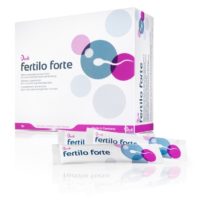 Fertilo Forte Denk, 30 Sachets
Fertilo Forte Denk, 30 Sachets 